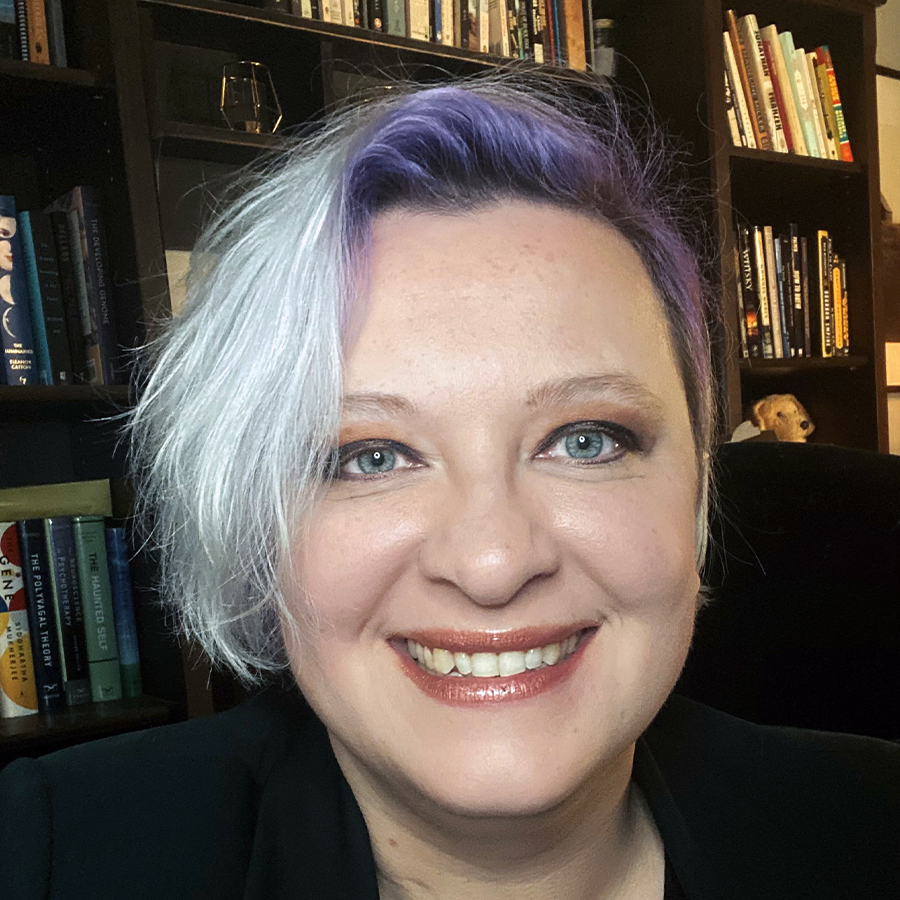CHÉOS Centre Associate Director, Dr. Amy Salmon, has recently been appointed Director, Clinical Faculty Affairs at UBC Faculty of Medicine for a three-year term effective to March 31, 2026.

Dr. Salmon has been a Scientist at CHÉOS since 2016 and Associate Director, Academic, Community, and Systems Engagement since December 2020. As Director, Clinical Faculty Affairs in UBC Faculty of Medicine, Dr. Salmon will provide leadership to promote clinical faculty development and initiatives in teaching and scholarly activity, educational leadership, and research. Working alongside the newly appointed Associate Director, Dr. Ravinder Bhui, Dr. Salmon will serve as a system navigator for faculty members who may not know where to go at UBC for support or mentorship if they want to grow their career in a particular direction. Similarly, she will help raise the profile of clinical faculty within UBC, and the essential contributions that clinical faculty members make to teaching, research, and leadership.
“My role is primarily around engagement of clinical faculty within the UBC Faculty of Medicine. Clinical faculty are integral to the university, providing learners with the opportunity to get that hands-on practice,” said Dr. Salmon. “Often, clinical faculty members are so busy being physicians, midwives, audiologists, physiotherapists, clinical researchers etc., that it can feel like they are off floating in space when it comes to figuring out how they can become more connected to the Faculty of Medicine, and the supports that are available to help them in this role.”
Dr. Salmon’s interest in bridging the gap between the clinical and academic spheres comes from her own experience as a clinical faculty member at UBC. “When I joined CHÉOS as a scientist I had been primarily working in community organizations, non-profit organizations and in BC health authorities. I realized there were a lot of things that I did not know or understand fully about how the Faculty of Medicine really worked,” she said. “For example, how and when you should put yourself forward for an academic promotion.”
Thankfully, Dr. Salmon is not starting from scratch in this endeavour. “The outgoing Director of Clinical Faculty Affairs, Alexis Davies, has done a tremendous job in creating clearer pathways and developing a strong clinical faculty engagement program,” she said. “I am excited to take the baton from her and continue that work of building those strong connections and to introduce opportunities that faculty members might not know they have.”
These connections and opportunities may include mentorship opportunities for clinical faculty members to get involved in leadership or curriculum development, or connections to research centres like CHÉOS for those who want to pursue research.
Dr. Salmon is a Clinical Associate Professor at UBC’s School of Population and Public Health (SPPH) and serves as the FLEX Site Co-Director for the Vancouver–Fraser Medical Program, a series of core courses that offer medical students unique opportunities to pursue scholarship in academic, clinical, and community settings. She will continue to serve in her current roles at CHÉOS and UBC in addition to her new role.
Please join us in congratulating Dr. Salmon on her new appointment!


